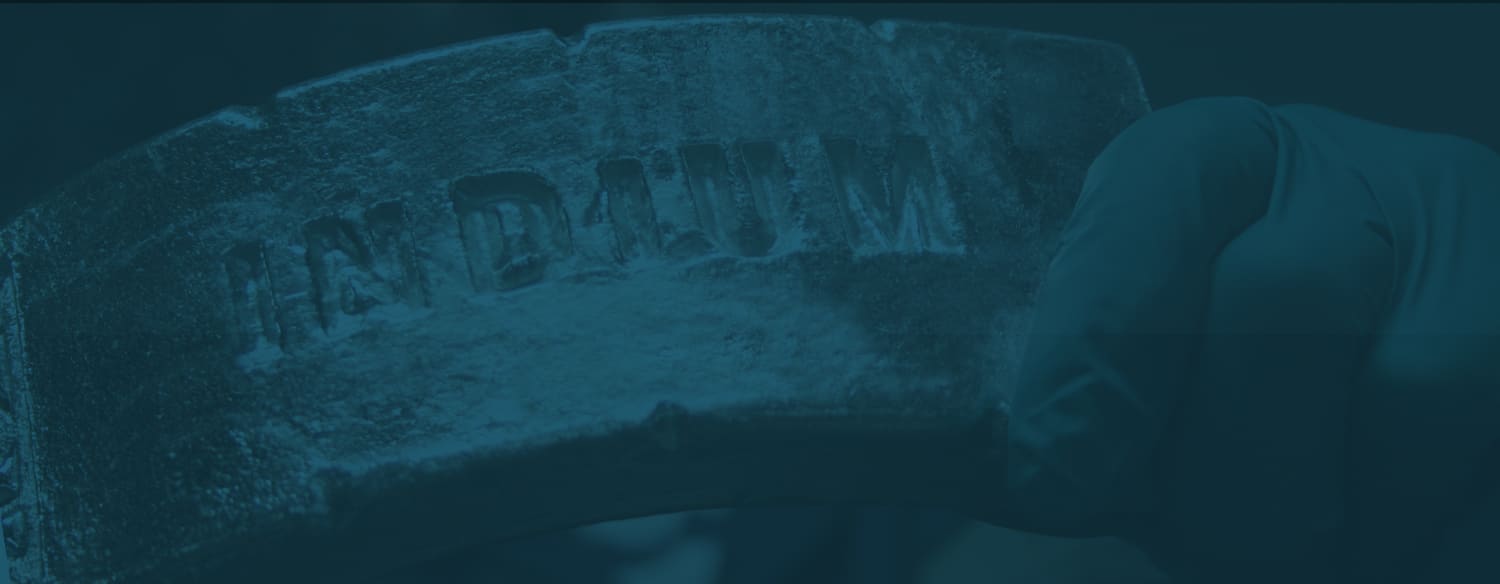We have the power to change our mindsets, to adjust the way we think about our lives and the world around us. We can accomplish this in ways that allow us to appreciate everything we have, and what we’ve accomplished, while remembering our perspective and the perspectives of others.
The transition from pessimism to optimism is not an easy one. Pessimists will look back on their day and remember the problems that came up, or the people that made it frustrating. This holds them back from growing, and never converts these feelings into a learning experience.
I would know, because I’ve been there before. More than 3 years ago, I was a high school student. My grades were mediocre, I had few friends, and had no direction as to what career would make me happy. People would tell me to lighten up, that complaining so much about the life I was living was not going to solve the problem; they were right.
It took me a long time to realize that my mind was the only thing holding me back, that most, if not all, of the problems in my life were my fault. My grades were mediocre because I hadn’t been putting the effort into studying. I wasn’t very social because pessimism was the easiest way to cut off conversation. I had not found the right field because, for some of us, we are afraid of uncertainty, and holding onto my static plan for a career was more comforting than admitting I just hadn’t found the right one yet. By taking responsibility for my pessimism, I slowly but surely found the right path to an optimistic attitude.
Cut back to today, where I’m very grateful to have become a member of the Indium Corporation community. I look forward to every day of work, with all of the other interns that I talk with regularly, and have a clear understanding of what I want to accomplish with my life. It’s taken a long time and a lot of grit, but, so far, it has proven to me that our minds are far more capable than we think.
I’d like to give some suggestions as to where you can start in reevaluating your mindset, and what you can do to stay positive.
· When you look back on your day, don’t focus on the bad things that happened. Instead, start by naming at least one positive thing that made your day better, even if it’s something marginal.
· Know when to take the blame. When the bigger obstacles come up in life, ask yourself if you were the one who caused them. It’s far easier to find someone or something to blame for your problems, but understanding when you’re at fault can help to cut out avoidable problems before they worsen over time.
· Stay humble. Appreciating what you have in your life can be very difficult to follow through with. Look around at what you have in front of you, and think about the opportunities and the items you have that others may never have the privilege of experiencing. Reminding ourselves regularly is crucial, otherwise we complain about problems that cannot compete with the problems other people face in their lives.
The first step in changing your mindset is always the hardest one. Hopefully, my story is convincing enough to prove that our minds are very powerful in how we take on the day, and what optimism can do for us.

